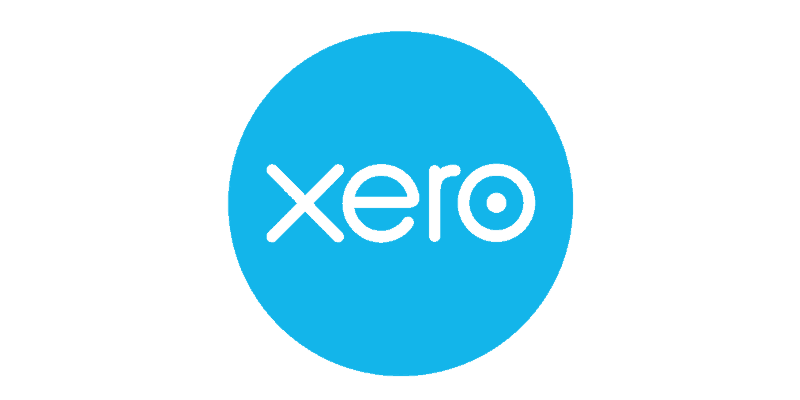How much should an accountant cost?
Accounting fees are generally based on your turnover and the services you require and usually charged at a fixed hourly rate.
Your accountant may quote you a fixed price – based on how long they expect the work to take. But they may also add fees to your final bill for extra hours on e.g. meetings, specific queries, or consultations. Kinore offers a fixed fee quote, which offers great transparency and removes the threat of big unexpected bills. Check out our guide on How Much Is An Accountant.
We want to make sure you’re getting the most value out of your accountant and not paying extra fees when it isn’t necessary. Below, we will discuss a few things that will cut down an accountant’s work, which could save you money on accounting fees.
If you would like to discuss how we can help you with your accounting, get in touch now. Our Client Services Team is always happy to discuss our services with you.
1) Keep organised books and records
Maintaining good records is one of the first things you should master when starting a business. A lot of accounting and financial functions derive from keeping organised records. For example, it’s important that all your business expense receipts are kept on the cloud so you don’t need to use physical storage to organise your documents. If you are wondering what do you need to set up a business, check out our Starting a Business FAQ page as well.
If you need help with bookkeeping, check out our Bookkeeping Guide For Small Businesses In Ireland.
Keeping good records saves on accounting fees because it reduces administration tasks for your accountant. But it also cuts out your stress too. Accountants are used to following deadlines but you may not have time to remember all the important accounting requirements. You don’t need to be an expert to properly maintain books and records but you do need to know how to do it.
In any case, moving your accounts online means more than saving copies of your receipts on Google Drive or Dropbox.
2) Use online accounting software
There is a lot of really good software on the market at the moment, both web-based (cloud), that can be accessed anywhere at any time, and also software that you install on your desktop. In addition to saving time, using software has other advantages:
- It can give you and staff members access to financial records on the go from your laptop or mobile phone
- You don’t have to worry about backing up data
- Financial information may be easier both to access and interpret
If you’re just starting up, learning how to handle bookkeeping for startups or small businesses early on is crucial. It can significantly simplify your operations and potentially save costs.
Our recommendation: Xero
We recommend that businesses use Xero software to maintain their books, records, and cash flow online. It’s easy to use, has lots of helpful resources online, and offers great dashboards that will give you real-time information about your business.
Many of our clients pay for a Xero subscription instead of hiring a bookkeeper which is more cost-efficient. Of course, this will depend on how many invoices and expenses you make, it might be more convenient for you to outsource the task.
Check out our Guide To Moving Your Accounts Online With Xero.

Make sure online bookkeeping is done right!
If online accounting software isn’t used correctly, it can increase the time your accountant spends on your business and, therefore, your accounting fees.
Alternatively, contact our Client Services Team to discuss our bookkeeping services if you want to outsource this task.

3) Engage with an accountant early
There are different compliance requirements for new companies and Sole Traders. It’s important that if you need to outsource accounting obligations that you do so well before your company deadlines.
If your accountant needs to prioritise your accounts preparation because you weren’t aware of your upcoming deadline, they may charge you an additional accounting fee.
If you need to outsource your accounting to a professional, talk to our Client Services Team today.
4) Make sure you're aware of your company's deadlines
As mentioned, if you’re not aware of your accounting and compliance deadlines, your accounting fees may be increased.
What happens if you miss one of these deadlines? Usually, you will be fined and have to pay additional fees to the source. For example, if you missed a Corporation Tax Return, Revenue will charge you interest and you need to pay this interest on top of your tax liability.
Similarly, if you miss your Annual Return Deadline, the CRO will fine you €100 for the day it is missed and €3 per day thereafter. You may also lose your audit exemption which will further increase your accountancy fees because you’ll need to hire an auditor. Check out our post on the Annual Return filing deadline in Ireland for more information.
So the main takeaway here is that if you don’t know your company deadlines, always talk to an accountant and seek professional advice.
How can we help you with your accounting?
We offer fixed fees for our accounting services. Our Startup Offer for new Limited Companies has everything you need for your first 18 months in business: tax registration, tax filing, Annual Returns (at 6 and 18 months after incorporation), Directors Return, and free premium subscription to Xero.
You can avail of this offer for €175+VAT per month for 18 months. To get your exact quotation, please get in touch with our Client Services Team. You need to receive an exact quotation because depending on how many months are left until your filing deadline, there may be an alignment fee.
Larissa is a Fellow Chartered Accountant (FCA) and is the CEO of Kinore, which specialises in company formation, company secretarial, annual accounting services, bookkeeping, tax, and payroll services for micro and small companies in Ireland and the UK.


